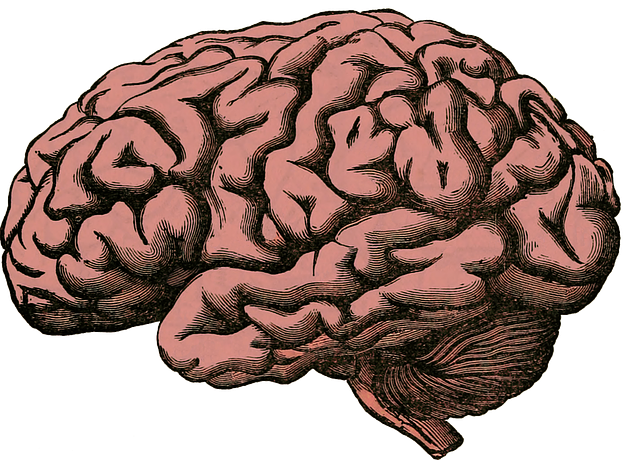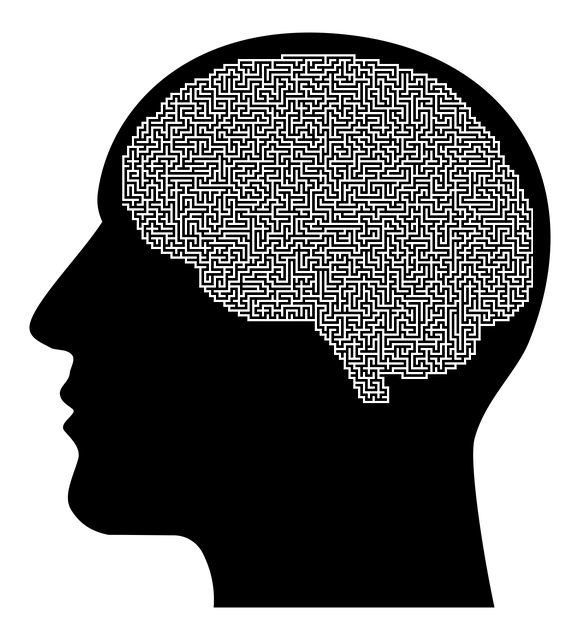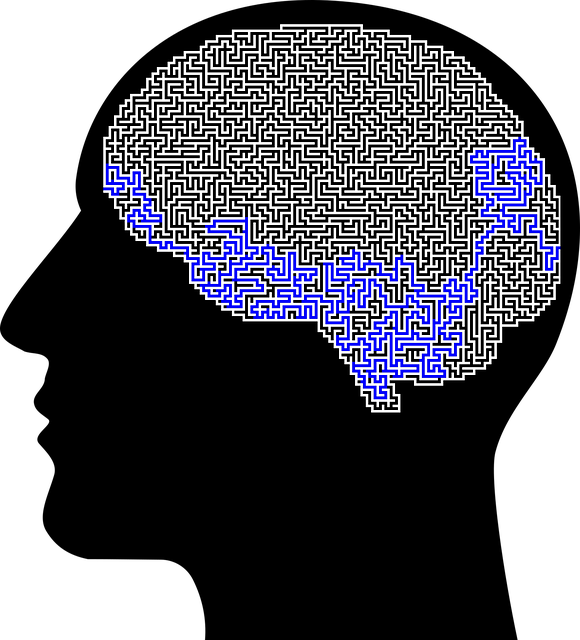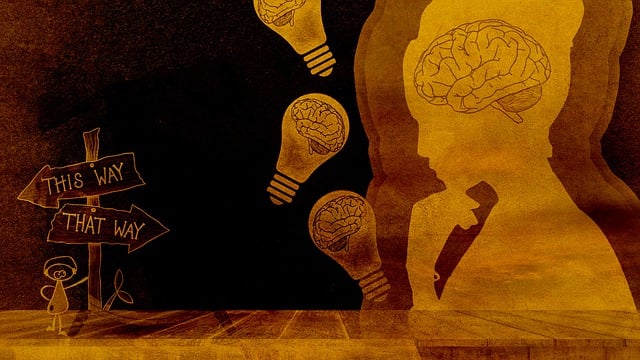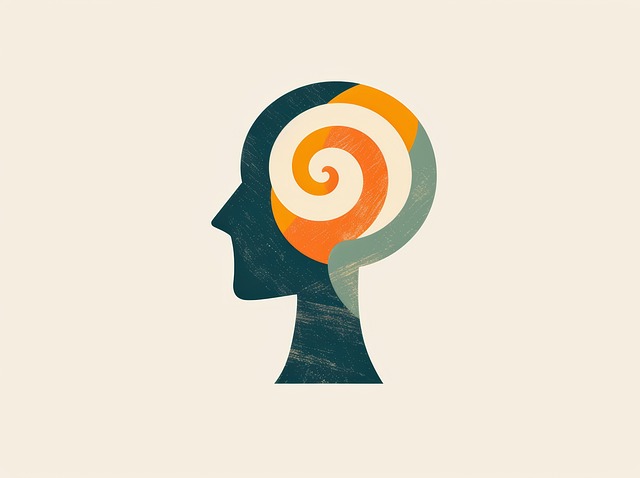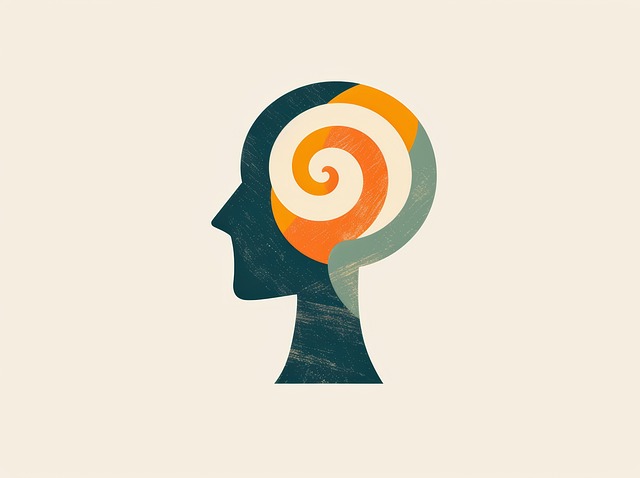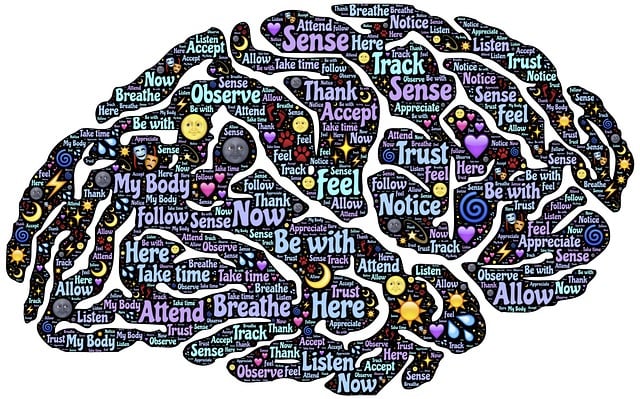In today's diverse society, one-size-fits-all mental wellness approaches are ineffective. Louisville Gender Identity Therapy (LGIT) stands out for its tailored care, recognizing unique cultural backgrounds and personal experiences impact mental health journeys. They offer comprehensive self-assessment tools, including emotional state, thought patterns, behaviors, and interpersonal relationships evaluations, to provide personalized support like mood management and self-care routine development. By incorporating cultural competency training and interactive exercises, LGIT creates safer, more inclusive spaces for open dialogue, empowering clients with tools for resilience and growth. Their continuous refinement based on user feedback ensures their assessments remain effective and relevant for diverse individuals seeking mental wellness improvements.
Mental wellness self-assessment tools play a crucial role in fostering personalized care. As recognized by Louisville Gender Identity Therapy, a tailored approach can significantly enhance mental health support. This article explores the development of effective self-assessment frameworks, highlighting key components and best practices. We delve into case studies like Louisville’s innovative methods to create inclusive tools that integrate data analysis for continuous improvement. By understanding diverse needs, we promote accessibility in mental health assessments.
- Understanding the Need for Customized Mental Wellness Assessments
- Louisville Gender Identity Therapy: A Case Study for Tailored Tools
- Key Components of an Effective Self-Assessment Framework
- Integrating Feedback and Data Analysis for Continuous Improvement
- Promoting Accessibility and Inclusivity in Mental Health Self-Assessments
Understanding the Need for Customized Mental Wellness Assessments

In today’s diverse society, it’s crucial to recognize that mental wellness isn’t one-size-fits-all. Individuals, especially those from varying cultural backgrounds or with unique identities like those seeking Louisville Gender Identity Therapy, have distinct needs and experiences that influence their mental health journeys. This is where customized mental wellness assessments prove invaluable. Traditional tools often fail to account for the intricate interplay of cultural factors, personal histories, and specific challenges faced by diverse populations.
As a result, there’s a growing need for tailored interventions, starting with comprehensive self-assessment tools. These tools can help healthcare providers offer more personalized support, ensuring effective treatments and strategies like Mood Management and Self-Care Routine Development for Better Mental Health. By incorporating cultural competency training into their practices, Louisville Gender Identity Therapy specialists can create safer, more inclusive spaces, fostering open dialogue and ultimately enhancing the mental wellness of their clients.
Louisville Gender Identity Therapy: A Case Study for Tailored Tools

Louisville Gender Identity Therapy (LGIT) serves as an inspiring case study for developing tailored mental wellness self-assessment tools. This innovative organization focuses on providing specialized care for individuals navigating their gender identity, offering a unique perspective in the field of mental healthcare. By recognizing the distinct needs and challenges faced by this demographic, LGIT has pioneered approaches that foster cultural sensitivity in mental healthcare practice. Their comprehensive services include Self-Awareness Exercises tailored to promote introspection and understanding of one’s identity, alongside Stress Management Workshops designed to equip individuals with coping strategies for the unique stressors they may encounter.
Through these initiatives, LGIT demonstrates the power of personalized care, emphasizing the importance of cultural sensitivity in mental healthcare. By adapting self-assessment tools to reflect diverse identities and experiences, mental health professionals can create inclusive environments that foster genuine connections and support. This tailored approach not only enhances the effectiveness of assessment but also encourages individuals to actively engage in their mental wellness journey.
Key Components of an Effective Self-Assessment Framework

An effective self-assessment framework for mental wellness should incorporate several key components tailored to support individuals’ unique needs, especially those exploring gender identity like those seeking Louisville Gender Identity Therapy. Firstly, it must offer a comprehensive spectrum of assessment tools to evaluate various aspects of mental health and well-being, including emotional state, thought patterns, behaviors, and interpersonal relationships. This holistic approach ensures no area of concern is overlooked, fostering more accurate self-discovery.
Secondly, the framework should promote user engagement through interactive and reflective exercises that encourage active participation in the assessment process. Incorporating elements from Mental Wellness Podcast Series Production can enhance this experience by providing a multimedia element, allowing individuals to engage with content that resonates with them. By integrating Emotional Healing Processes and Confidence Boosting techniques into these assessments, users can gain valuable insights into their mental wellness journey while also developing tools for resilience and growth.
Integrating Feedback and Data Analysis for Continuous Improvement

Integrating feedback from users and meticulous data analysis is pivotal for the continuous enhancement of mental wellness self-assessment tools, such as those offered by Louisville Gender Identity Therapy. By gathering insights from individuals who utilize these resources, developers can identify areas that require refinement and tailor improvements to meet evolving needs. This iterative process not only optimizes the tool’s effectiveness but also fosters a sense of partnership with the very users these platforms aim to support.
Through rigorous data analysis, trends and patterns emerge, offering valuable clues about users’ experiences and challenges. For instance, Mental Illness Stigma Reduction Efforts can be enhanced by pinpointing specific aspects where users feel more comfortable or struggle, prompting Self-Awareness Exercises that target these areas. By seamlessly integrating user feedback into the development cycle, Louisville Gender Identity Therapy ensures its self-assessment tools remain relevant, accessible, and beneficial for promoting Self-Esteem Improvement in a diverse range of individuals.
Promoting Accessibility and Inclusivity in Mental Health Self-Assessments

In developing mental wellness self-assessment tools, promoting accessibility and inclusivity is paramount to ensure that everyone, regardless of their background or identity, can benefit from these resources. This includes creating assessments that are sensitive to diverse experiences, such as those related to gender identity, often overlooked in mainstream mental health practices. Louisville Gender Identity Therapy has been at the forefront of this movement, advocating for tools that not only acknowledge but also support individuals navigating complex emotional landscapes unique to their gender identities. By integrating these perspectives, we move towards a more inclusive mental healthcare system.
Additionally, incorporating compassion cultivation practices and inner strength development into self-assessment frameworks can significantly enhance their effectiveness. These strategies aim to foster resilience, coping mechanisms, and emotional well-being, addressing not only symptoms of common mental health issues like anxiety relief but also the underlying causes. Such an approach ensures that users not only receive a comprehensive evaluation but also gain valuable insights and tools tailored to their personal growth journeys.
The development of mental wellness self-assessment tools, as demonstrated by Louisville Gender Identity Therapy’s innovative approach, is a significant step towards personalized and inclusive mental health support. By tailoring these assessments to specific needs, such as gender identity issues, we can ensure that individuals receive relevant and effective care. Integrating feedback and data analysis allows for constant refinement, making these tools valuable resources in the ever-evolving landscape of mental health services. Promoting accessibility and inclusivity is crucial, ensuring that everyone, regardless of their background or identities, has equal opportunities to assess and improve their mental wellness.

